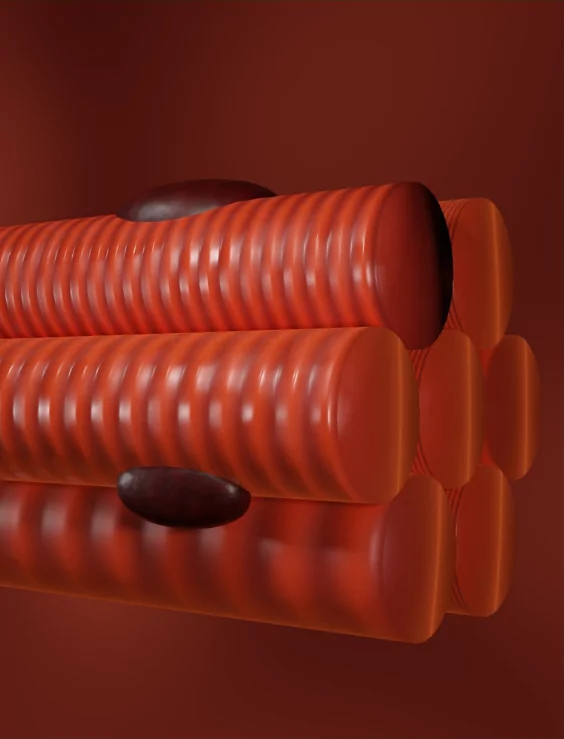Organ donation is a life-saving procedure that could benefit thousands of individuals. However, there are a number of fallacies about organ donation that can discourage people from becoming donors. In this essay, we will look at some of the most popular myths about organ donation and dispel them.
Myth #1: Donating Organs is Against My Religion
One of the most widespread misconceptions about organ donation is that it violates certain religious beliefs. However, most religions endorse the idea of organ donation because it is regarded as an act of compassion and generosity towards fellow humans.
In truth, many religions promote organ donation as a way to save lives. In Islam, for example, organ donation is regarded as a charitable act and a means of saving lives. Similarly, in Christianity, organ donation is recognised as a way to aid those in need and is not considered to be contrary to religious principles.
Myth #2: If I Donate My Organs, Doctors Will Not Work as Hard to Preserve My Life
Another prevalent misconception about organ donation is that if you are a registered organ donor, doctors will try less hard to preserve your life in an emergency. However, this is not the case.
When you are admitted to the hospital, the physicians and nurses will try everything possible to save your life. After all other attempts to preserve your life have failed and you have been declared brain dead, the decision to donate organs is made.
Furthermore, the medical personnel participating in the organ donation process are distinct from those who treat the patient. Only after the patient has been confirmed brain dead and is no longer able to recover can the donation process begin.
Also Read: 5 Signs of a Diabetic Emergency
Myth #3: Organ Donation is Costly
Another common misconception about organ donation is that it is an expensive operation that can place financial strain on the donor's family. This is not the case because the costs of organ donation are borne by the recipient's insurance company or the organ procurement organisation.
The donor's family is not responsible for any fees associated with organ donation, including the cost of organ retrieval operation, organ transportation, and organ testing to guarantee its compatibility for transplantation.
Myth #4: Donating Organs Will Disfigure My Physique
Another prevalent misconception about organ donation is that it will disfigure the donor's body, making an open casket funeral difficult for their family. This is not the case because organ donation is a medical process conducted by highly competent doctors.
The organ retrieval surgery is performed with extreme caution and regard for the donor's body. Throughout the procedure, the body is handled with dignity and respect, and any incisions produced during surgery are meticulously closed to ensure that the body is left in its original state.
Myth #5: Only Young and Healthy People Should Donate Organs
Another common misconception about organ donation is that it is reserved for the young and healthy. While some medical issues may limit organ donation, many organs can still be used for transplantation. Indeed, many older donors have successfully donated organs, and their generosity has saved many lives.
Myth #6: If I Donate My Organs, My Family Will be Unable to Hold a Funeral
Another common misconception about organ donation is that the donor's family will be unable to hold a funeral if they give their organs. However, this is not the case.
The donor's family is not barred from holding a funeral or memorial service for their loved one as a result of organ donation. The organ retrieval surgery is carried out with the utmost care and respect for the donor's body, and the body is returned to the family in good enough condition for a funeral.
Myth #7: Donating An Organ is a Quick Operation
Another common misconception about organ donation is that it is a quick and simple process. However, the truth is that the organ donation process can be time-consuming and difficult, requiring collaboration and forethought.
The process starts with identifying possible donors and evaluating their medical history to see if they are acceptable for donation. Once a donor has been selected, the organ procurement organisation collaborates with hospital personnel to plan the organ retrieval surgery.
Also Read: How to Treat Severe Sunburn?
Last words
Donating an organ is a selfless gesture that can have a significant influence on the lives of others. You may help save lives and make a difference in the world by registering as an organ donor. Don't allow these myths prevent you from being an organ donor.






.webp)

%20(1).png)
.png)
%20(1).png)


%20(1).png)




%201.png)
